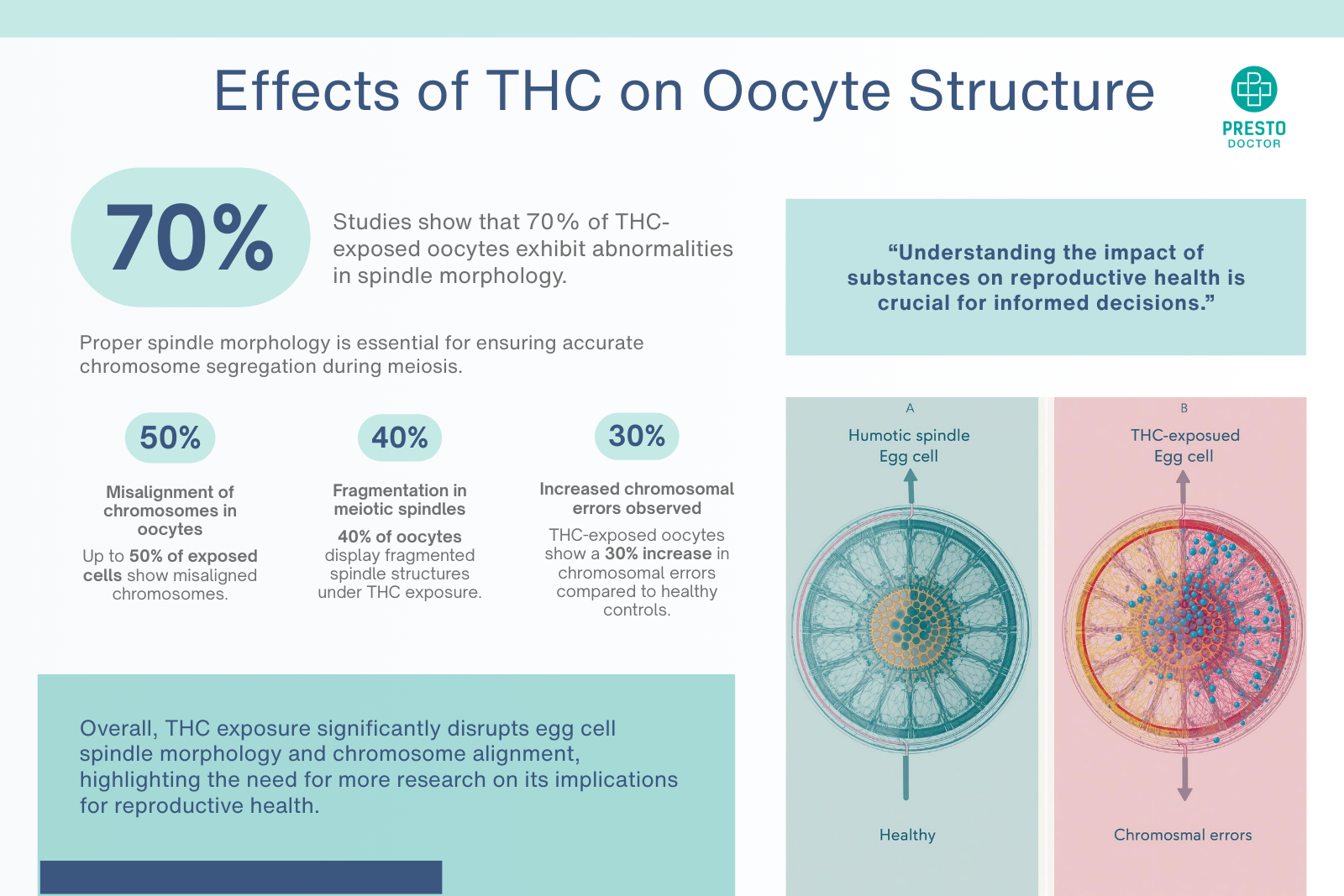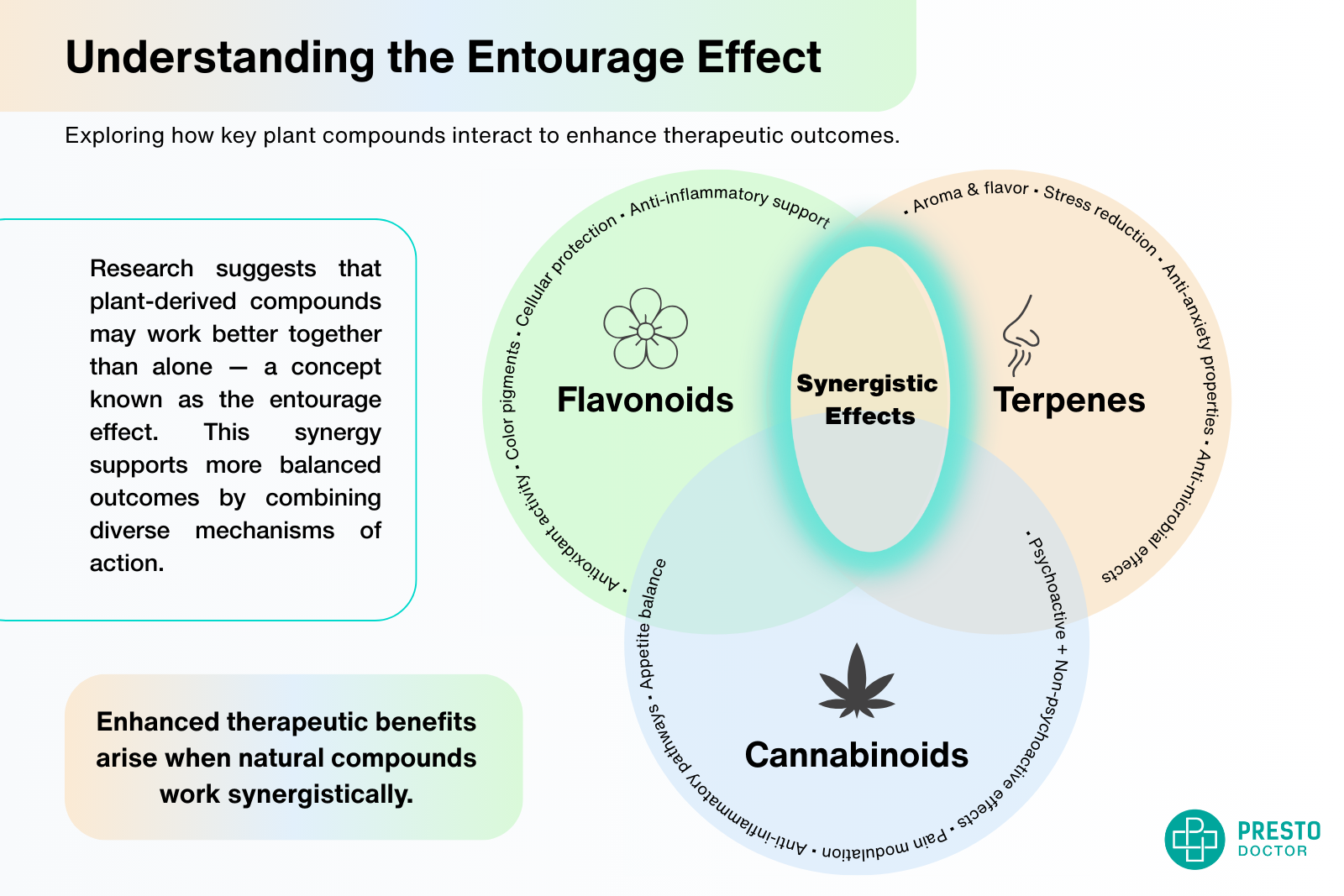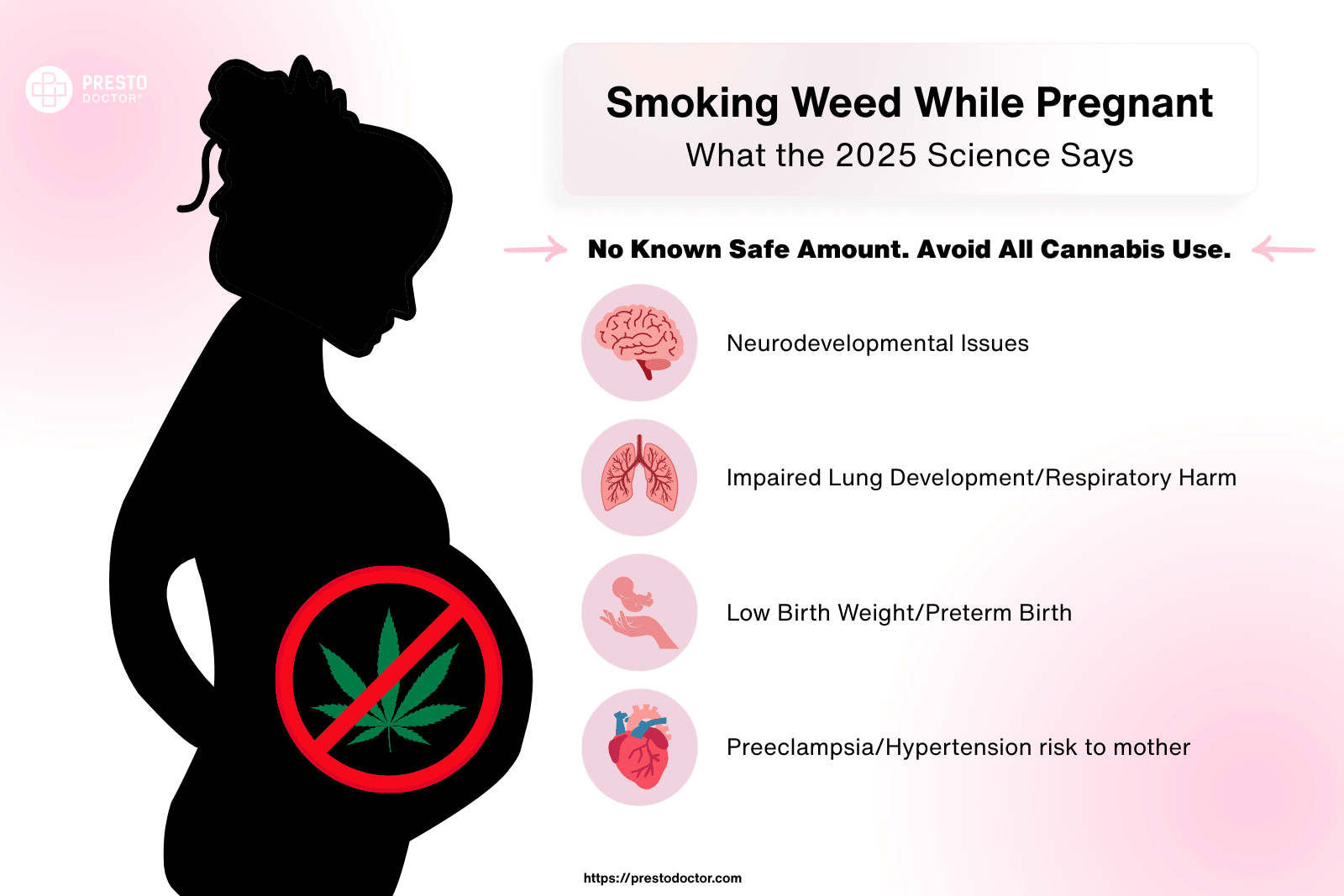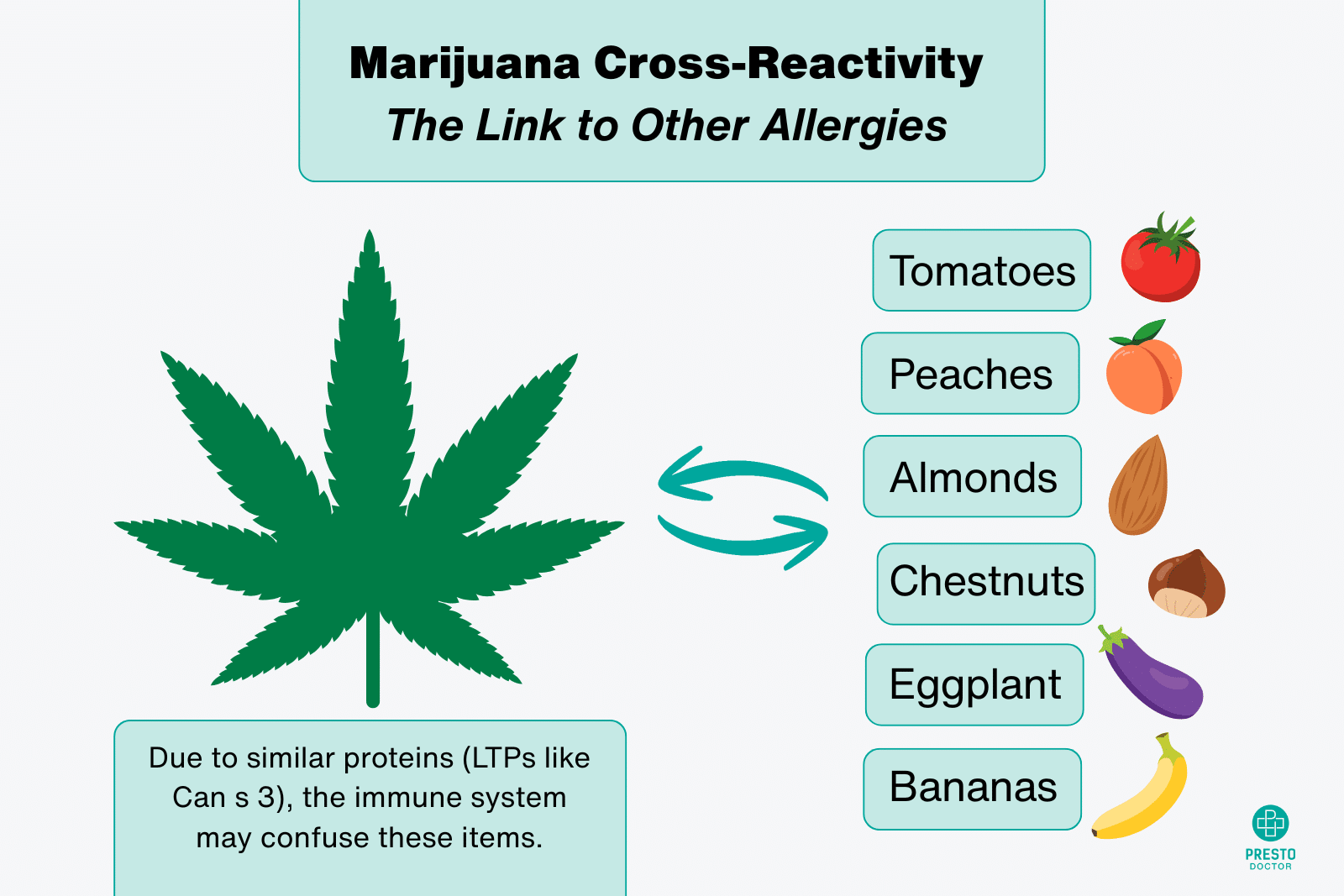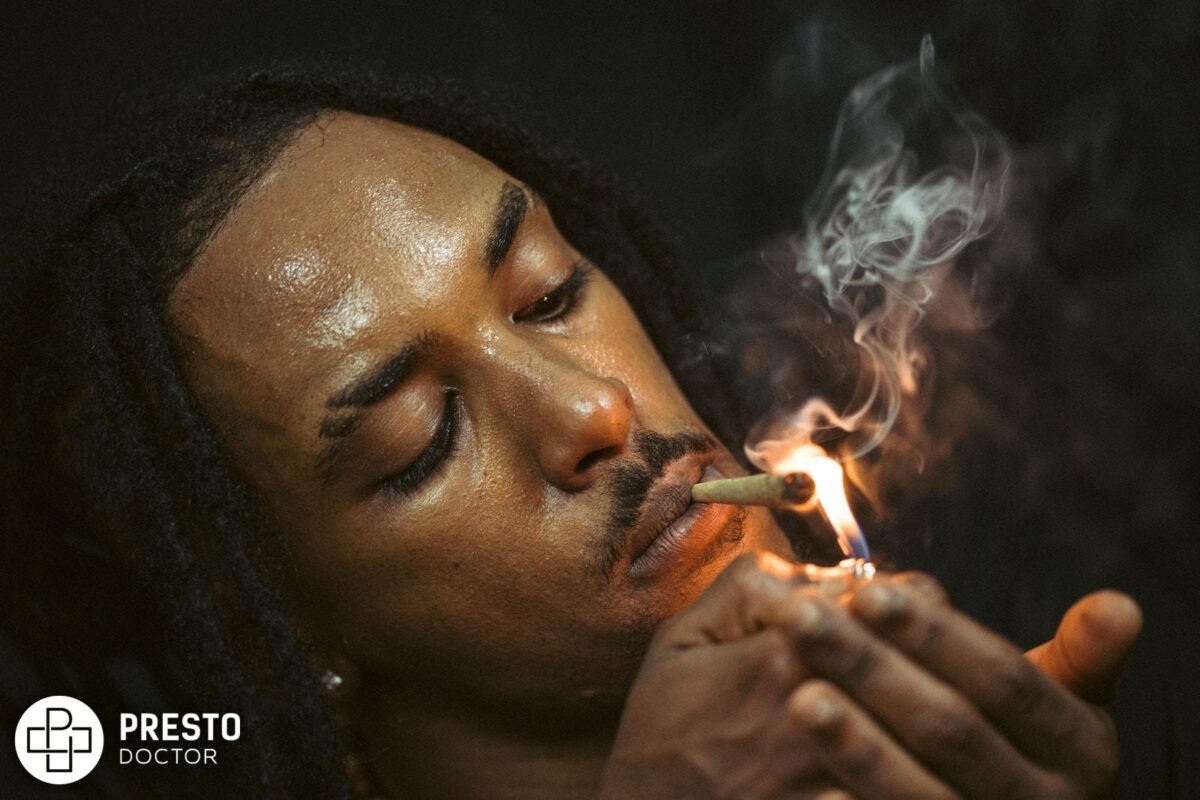
It’s no secret that cannabis has gained significant attention in recent years, both for its recreational and medicinal purposes. People have vastly different physiological and emotional responses to marijuana. This includes how hair follicles respond to it. But what is the potential impact of cannabis on hair loss? Can cannabis really make you lose hair? Let’s dive in and explore the facts.
Cannabis for Recreational and Medicinal Purposes
Cannabis, commonly known as marijuana, is derived from the Cannabis sativa plant. It contains various compounds, including tetrahydrocannabinol (THC) and cannabidiol (CBD), which have different effects on the body. While THC is responsible for the psychoactive effects, CBD is known for its potential therapeutic properties.
Many people use cannabis recreationally to experience a sense of relaxation and euphoria. Furthermore, people also use it for medicinal purposes to alleviate symptoms like chronic pain, nausea, and anxiety.
Exploring the Potential Negative Impact of Cannabis on Hair Health
Limited scientific evidence directly links cannabis use to hair loss when it comes to this condition. However, some studies suggest that heavy cannabis use may cause temporary hair loss in individuals genetically predisposed to male pattern baldness.
One possible explanation for this is the effect of cannabis on hormone levels. THC can potentially disrupt the normal functioning of hormones, including testosterone, which plays a role in hair growth. It’s important to note that researchers need to conduct more studies to fully understand the relationship between cannabis use and hair loss.
In conclusion, we need further research to better understand the potential link between heavy cannabis use and temporary hair loss, despite some existing evidence. It’s important to consult with a medical professional before drawing any conclusions about the impact of cannabis on hair health.[1][2][3][4]
Types of Hair Loss
Studies on the endocannabinoid system suggest that cannabinoids, compounds found in cannabis, can interact with various receptors in the skin, which in turn affects the function of hair follicles. While these findings suggest a connection between the endocannabinoid system and hair growth, it is important to consider the specific type of hair loss issue before considering the use of cannabinoids as a treatment. Different types of alopecia, or hair loss, may require different cannabinoids or methods of administration for optimal results.
Androgenic Alopecia
The most widespread form of hair loss is androgenic alopecia, commonly known as male or female pattern baldness. It primarily affects men but can also impact women. While there is a link between the endocannabinoid system and sex hormones, the exact impact of chronic cannabis use on hair growth and loss is still uncertain. While an experiment on human skin cells indicated potential effects, there have been no direct human studies that have established a correlation between marijuana use and male pattern baldness.
Telogen Effluvium
Telogen effluvium is another type of hair loss characterized by excessive shedding caused by various factors, including stress. Studies have found that irregular levels of THC, a psychoactive component of cannabis, can reduce stress. However, marijuana use can affect the hormone cortisol, which plays a role in the regulation of hair follicles. Contrary to popular belief, THC can actually sometimes increase cortisol levels in the body. Elevated cortisol levels can trigger telogen effluvium. Telogen effluvium hair loss that occurs when hair follicles prematurely enter the telogen (resting) phase of the hair growth cycle. This suggests that the effects of cannabis on telogen effluvium depend on factors such as dosage, specific cannabinoids, and frequency of use.
Alopecia Areata
Alopecia areata is an autoimmune condition that causes patchy hair loss due to the immune system attacking hair follicles. While THC has shown potential in treating various autoimmune conditions, studies have yielded mixed results regarding its effectiveness in promoting hair growth in individuals with alopecia areata. While some people report using cannabis to manage symptoms, most do not believe it significantly improves hair regrowth.
Trichotillomania
Trichotillomania is a psychological disorder characterized by an irresistible urge to pull out one’s hair, resulting in noticeable hair loss. While cannabis has been suggested as potentially helpful in tic disorders or obsessive-compulsive disorder (OCD), limited research specifically examines its effects on trichotillomania. It is possible that THC, with its potential to assist with OCD, may have a positive effect on this condition.
The Relationship Between Cannabis and Hair Loss
Examining the Potential Causes of Hair Loss Related to Cannabis Use
Hair loss is a concern for many individuals, and it is natural to wonder if cannabis use may be a contributing factor. However, the relationship between cannabis and hair loss is not entirely straightforward.
Researchers have identified several potential causes that could contribute to hair loss in individuals who use cannabis. These include stress, hormonal changes, and nutrient deficiencies. It is essential to note that cannabis alone may not directly cause hair loss, but it can potentially exacerbate existing factors.
The Impact of THC on the Hair Shafts and Its Connection to Hair Thinning and Shedding
One particular aspect of cannabis that has drawn attention in relation to hair loss is its psychoactive compound, THC. Studies have suggested that THC can interact with the endocannabinoid system, which plays a role in hair growth and maintenance.
Research has indicated that THC may affect the hair shafts, leading to hair thinning and shedding. The chemicals found in marijuana, known as cannabinoids, interact with receptors in the body, including those found in hair follicles. THC, one of the prominent cannabinoids, has been shown to inhibit the growth of hair follicles according to a 2007 study by the University of Debrecen. This means that the use of cannabinoids can impede the development and growth of hair, potentially leading to hair loss. However, it is important to note that more research is needed to fully understand the extent of this connection and the specific mechanisms involved.
In conclusion, we need more research to establish a definitive link between cannabis use and its potential contribution to hair loss through various factors. Individuals concerned about hair loss should consult with a healthcare professional who can provide personalized advice based on their specific situation.[5][6]
Preventative Measures
If you are concerned about experiencing hair loss when using cannabis, you can take measures to reduce this possibility. Firstly, you can explore alternative ways of consuming cannabis, like edibles or vaporizers. These methods may be less harmful to the hair follicles. Moreover, it is vital to ensure that you are receiving sufficient nutrition and effectively managing your stress levels. These aspects can also play a role in hair loss. Additionally, maintaining proper hair hygiene and refraining from using harsh chemicals or heat styling tools is crucial. These can cause damage to the hair. Furthermore, frequent marijuana use can lead to poor nutritional choices. A diet lacking essential vitamins and minerals can adversely affect hair health, causing issues such as dryness, breakage, thinning, or even hair loss.

